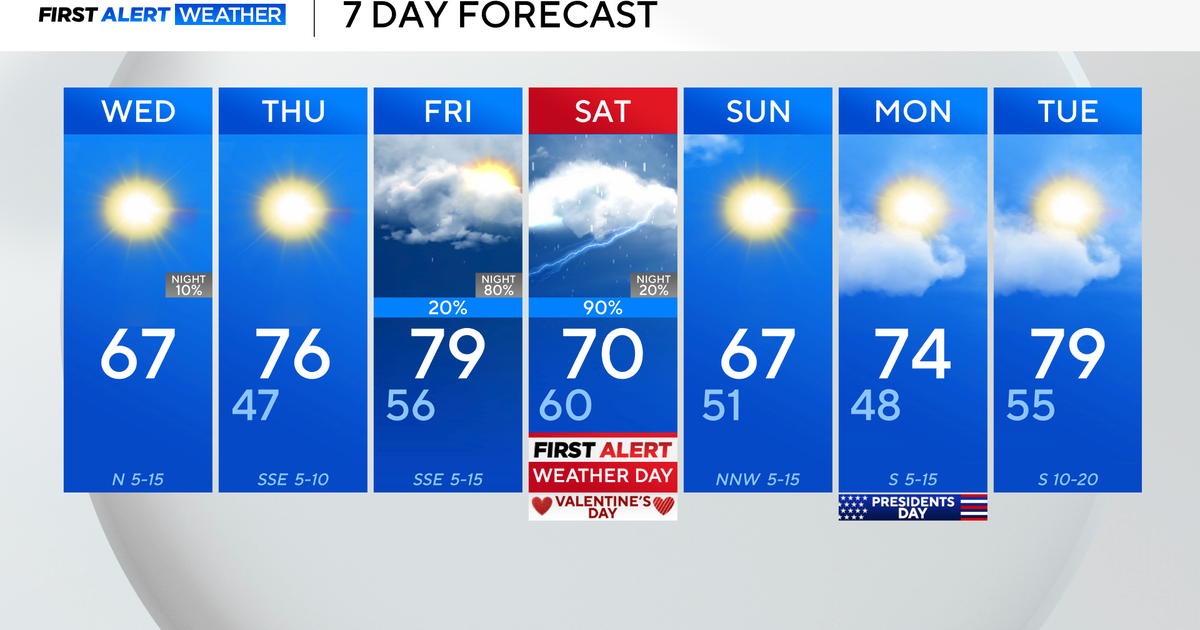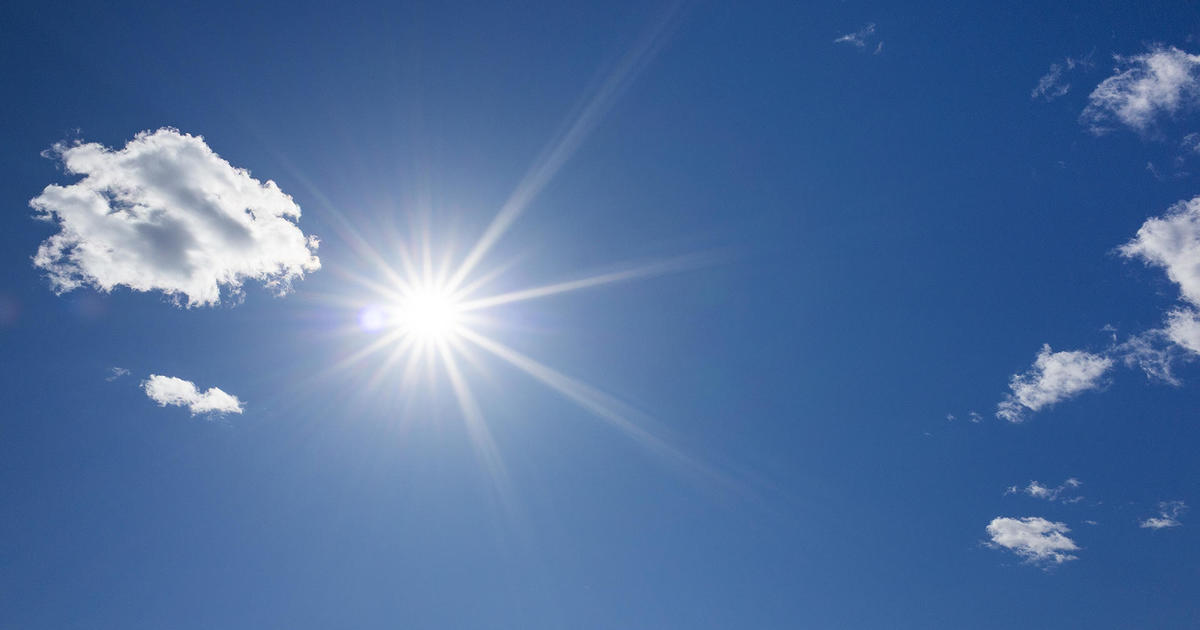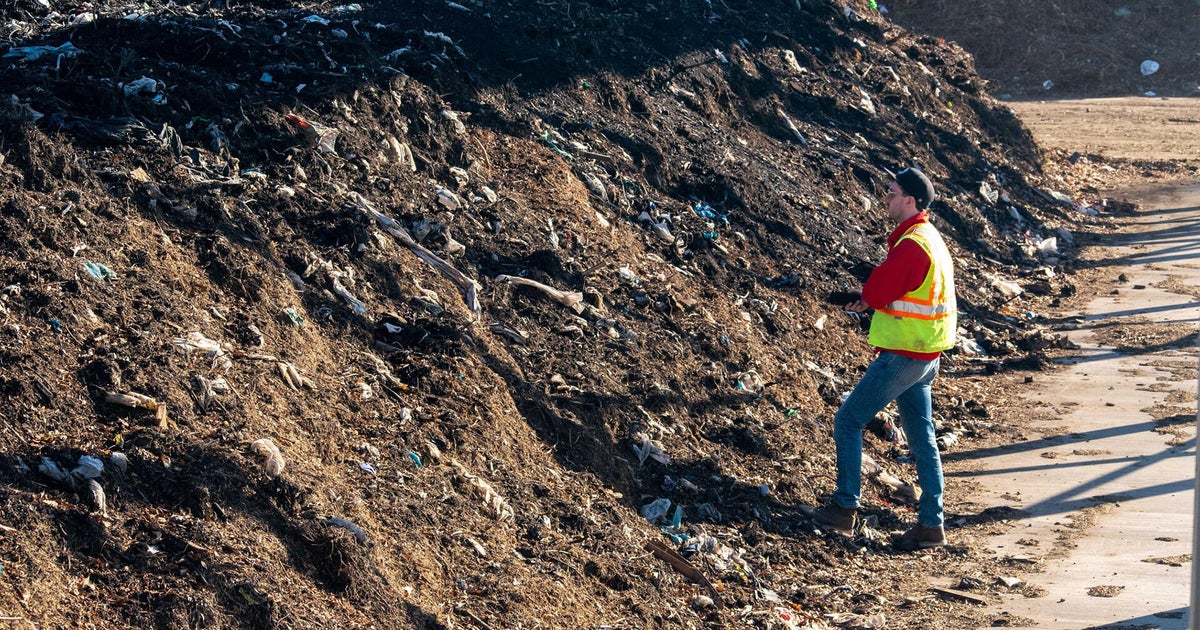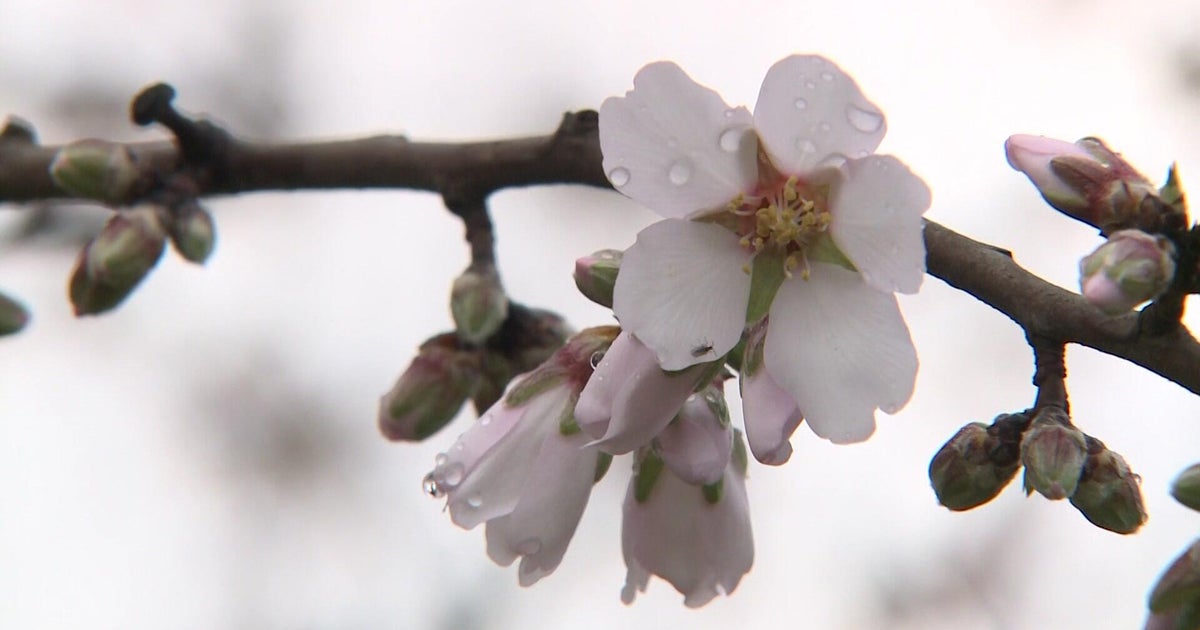Beekeepers see reduced production after prolonged winter
MILL VALLEY - Local beekeepers say the prolonged wet winter reduced honey production, making it difficult for bees to get enough food or pollen, as well as increasing the number of opportunistic viruses impacting hives.
Jennifer Berry fires up a smoker to calm and check her pollinators. Temperatures are warming, with the familiar sound of buzzing returning too, but the past few months have been eerily silent.
"With the cold temperatures a lot of the foragers are going out and not coming back because of the wind and rain," said Jennifer Berry Bees Founder and Owner Jennifer Berry.
Honeybee hobbyists across the Bay say production is down significantly. At Wooly Egg Ranch in Mill Valley, this year has been one of the lowest producing seasons in over a decade.
"Each hive is down 50 percent compared to normal. We're only getting about 50 pounds per hive," said Berry.
Wet winter weather and cool spring temperatures impacted the production of cocoons and Queen bees, essential to a thriving hive.
"Where it was warmer in the hive they were able to keep it warm and that was really the wind. Normally all of these would be full," said Berry.
Healthy hives mean a robust harvest for Ken Kirkland's small farm.
"The bees are going out today. It was raining yesterday so they stayed inside," said Kirkland.
Vegetables and fruit trees have responded differently.
"Everything is delayed this year? The soil was too wet and it was too cold," said Kirkland.
Too much rain in a short amount of time can be problematic. But beekeepers are hopeful a super June bloom could make up for the small amount of honey produced so far.
"I see lots of pollen going in here and lots of pollen going in over there so hope we are getting a lot of production today," said Kirkland.
Honey or not, Berry, a biologist who's been a hobbyist for 20 years now, has launched a business tending hives and rearing Queen Bees. Being in the midst of these incredible insects is what matters to her.
"The minute I opened that hive, I got the bug. You can get really close and intimate with them. You can see all kinds of things going on. You can see the Queen doing her work and see the larvae and producing honey," said Berry.
Kirkland's family farm partnered with Jennifer Berry's Bee Company six years ago and sells its honey at local farmer's markets, and has seen the magic of the prolific pollinators.
"Once we started getting multiple hives, my fruit production went through the roof. I get plums, apples, berries," said Kirkland.
They're just hoping this year was an anomaly, and that the buzzing doesn't go quiet too often.
In a very good year, Wooly Egg Farm says it can produce 600 pounds of honey. So far, the count is about 100 pounds. Kirkland says the best production months are typically February through May.
Hopefully, honey produced from bees pollinating blackberry plants in June can make up for some of the lost production.







